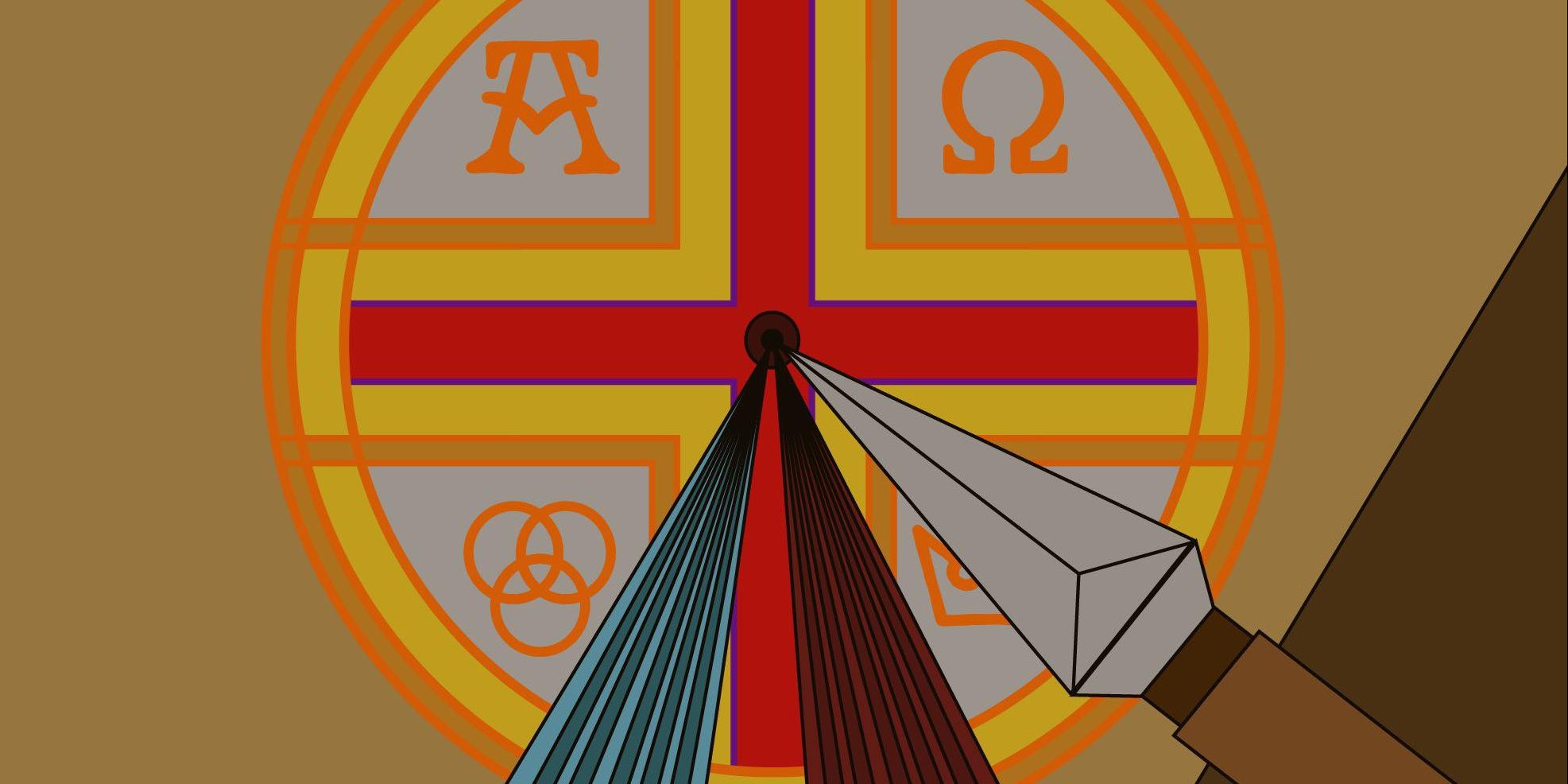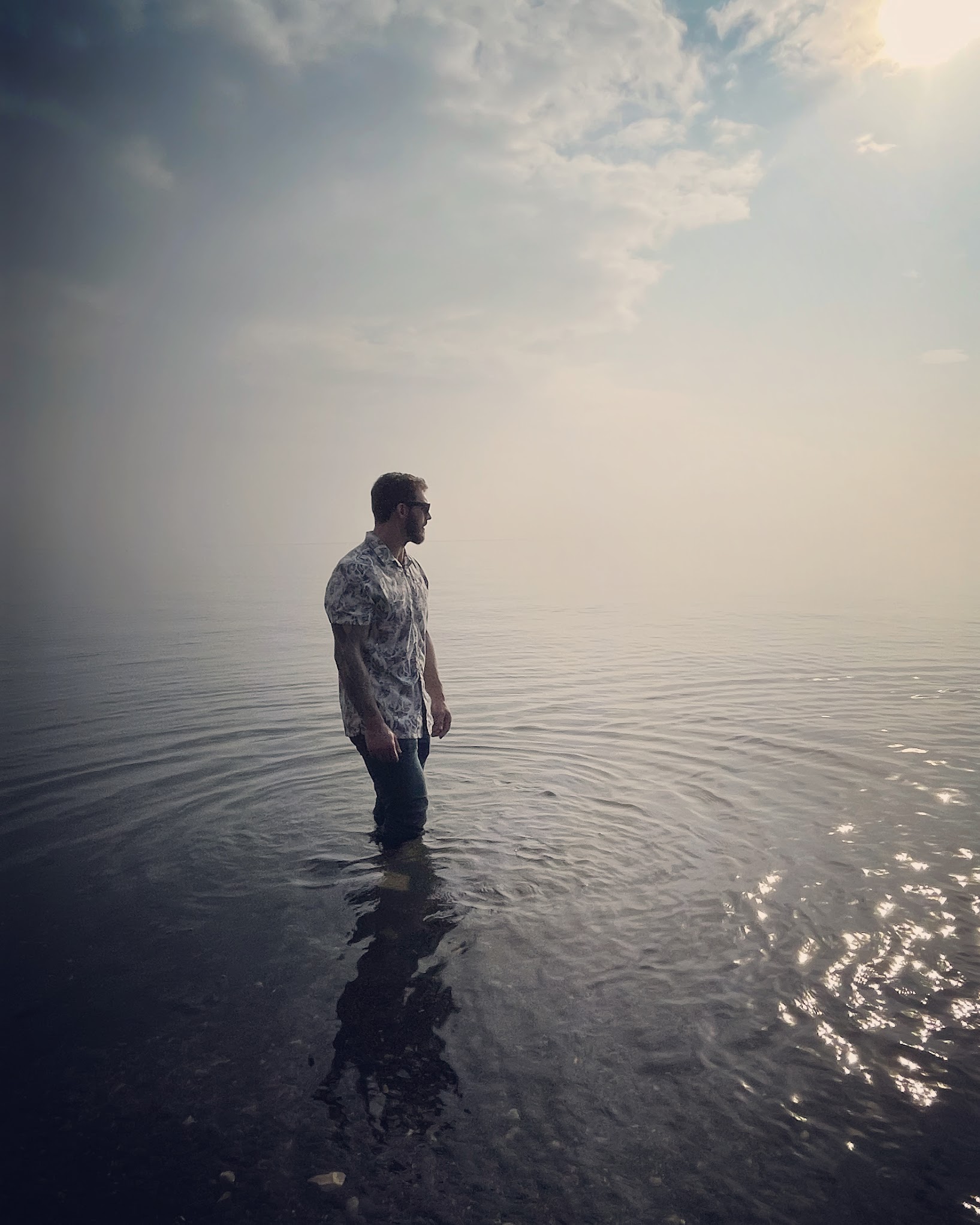by Andrew Wang
Last year, my sister went through hell.
I don’t know if I could have told you what that meant until very recently; I don’t think if many Americans could, here in the dying throes of American Christendom. My experience with church and tragedy had always been second hand, shielded by my family, seen only as dropping off meals for the recently bereaved or eating with a widow or widower to keep them company. The theologian Stanley Hauerwas presents an image of the Church as “a people who have learned how to be faithful to one another by our willingness to be present, with all our vulnerabilities, to one another,” but I don’t know that I would have been able to believe in or affirm this image of the church. In this past year, however, I think I’ve caught a glimpse of how affirming, and beautiful, and terrifying the church could be.
In the span of a month, this sister of mine lost her young grandson to a tragic act of violence, needed to be the one to make the decision to take him off of life support in a strange hospital far from home, and returned just to face imminent unemployment and joblessness. What she, and her family, went through feels like tragedy beyond words, beyond rationalizations, beyond “God works all things to the good of those who love Him.”
But in this story is also the church, our pastor who drove her to her grandson’s bedside through the night Saturday and returned to preach again on Sunday morning, our brother who stayed by her side, our brothers and sisters who cried with her, lay in the dust with her, arranged the practical matters of life and living, and above all else were present with her, giving of themselves even in the face of pain so extraordinary, so experientially alienating. In this tragedy, the bonds of community, the shared beliefs and fellowship which had united us, were stretched, distorted, pushed, it felt, to the very limits, by the magnitude of suffering experienced, and the magnitude of love and self-sacrifice which that suffering demanded. The very words that we had claimed as our own, that we were one body in Christ, that we were to serve and minister to one another, were being called into account. In the midst of this challenge, however, I saw my church, our church, as a community which had learned, imperfectly in many ways, but learned nonetheless “the Christian obligation to be present to one another in and out of pain.”
And where in this story am I? Well it’s the story of this sister of mine, so perhaps its fitting that I am only in the background. Even still, I the medical student, who in theory is learning the art of presence in the midst of others’ pain and the ministry of steadfastness in that pain, must have done something? I was on the periphery, silent, rendered helpless by the fear that any word I said to my sister would betray my utter incomprehension of what had happened, what she had been through, by the certainty that any word I said would just be wasted breath falling into the chasm I felt opening up between the two of us. I could pray, and did pray desperately, for that little boy as he lay between life and death in a hospital bed far away, surrounded by tubes and bags and machines far larger than he. When confronted with the material presence of my sister though, in the here and now, I froze, perhaps because I was helpless and didn’t want to be confronted with my helplessness, perhaps (and I shudder to think) because I knew that I could do something, but that it would not be easy and at a cost I was unwilling to bear with a bacteriology exam coming up quick.
And so, I am reminded that my church is not just a place where I am refreshed in the Word and in the joy of singing songs, but where I could learn, where I must learn what medical training does not provide. In this small portion of Christ’s body united across race and class, I think I have seen something embodied about sacrificial presence, about caring and loving even in the midst of pain, which I am, God-willing, slowly learning and teaching to my soul. Even though in theory I want this life of existing and caring in the presence of suffering, I find myself shying away even now from the brokenness and pain of the world. Thankfully, I have a family with whom I can live and love and gradually learn what Hauerwas so beautifully calls “the habits and practices necessary to sustain the care of those in pain.” In this body, I have seen these practices of selflessness and generosity modeled for me, practices which it turns out secular medicine, even through three-hour workshops on dealing with grief and The Difficult PatientTM does not teach.
Note: This work was first written for a class as a reflection on Stanley Hauerwas’s excellent essay “Salvation and Health: Why medicine needs the Church” which is excellent and well worth a read. (Also where the quotes are taken from)



0 Comments